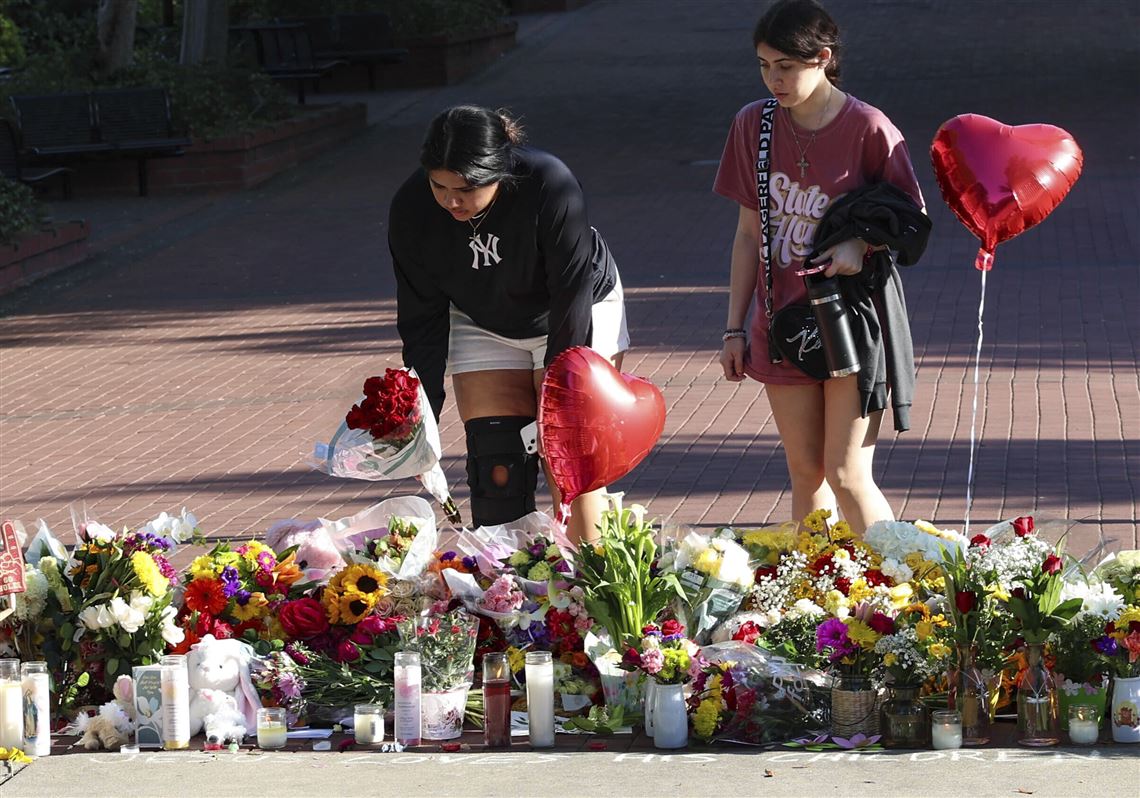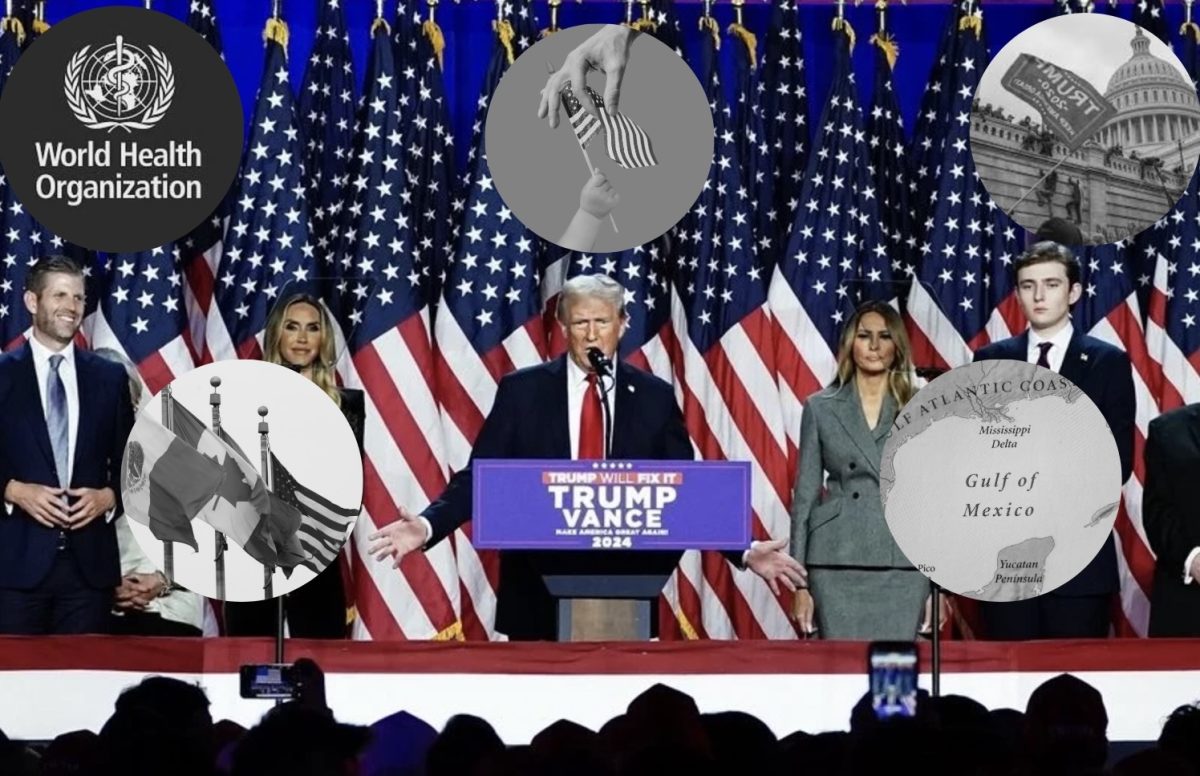LAHORE, Pakistan — Despite the Obama administration’s pleas last week at a top-level “strategic dialogue” and a new $2 billion U.S. military aid pledge, Pakistan has no near-term plans to launch new offensives in its tribal area to help the U.S. war effort in Afghanistan, officials and analysts said Friday.
The focus of U.S. demands is North Waziristan, on the Afghan border, where Pakistan has provided sanctuary to the Haqqani network since the U.S.-led invasion of Afghanistan after the Sept. 11, 2001, terrorist attacks.
The Haqqani network is allied with the Afghan Taliban, which seeks the overthrow of the U.S.-backed government of President Hamid Karzai in Kabul. The U.S. government views Haqqani as dangerously close to al-Qaida, whereas Islamabad apparently considers Haqqani a reliable ally that must be part of a political outcome in Afghanistan.
“The U.S. is pursuing a policy of isolating Haqqani,” said Simbal Khan, an analyst at the Institute of Strategic Studies, a government-financed research center in Islamabad. “Pakistan wants to include all the border (insurgent) groups.”
Pakistan sees Haqqani as a component of any final political deal, and due its share of power in any future government, but Washington thinks that the group is among the “irreconcilables,” analysts said. Pakistan had backed the Taliban regime in Afghanistan, which ruled much of the country from the mid-1990s to 2001, and its relationship with Haqqani goes back to the 1970s.
A meeting of top U.S. and Pakistani civilian and military officials in Washington last week culminated in the pledge of $2 billion in military equipment, to be used for counterterrorism operations. The additional aid is subject to congressional approval.
U.S. analysts in Washington said the Pakistan military couldn’t launch a new offensive in the tribal areas in the foreseeable future even if it intended to, because its transport aircraft and helicopters are committed to flood-relief operations.
Pakistan has launched military offensives in all six other parts of the tribal area, and operations are still under way in Bajaur, Mohmand and South Waziristan. Action in North Waziristan isn’t on the current agenda, Pakistani officials said, and even if an operation started there, it’s expected that it would be much more limited than the “steamroller” offensive seen in South Waziristan a year ago, so Haqqani could be left untouched.
“Our preference is to consolidate our gains elsewhere in the tribal area,” said Abdul Basit, the spokesman for Pakistan’s Ministry of Foreign Affairs. “The time and scope of any operation (in North Waziristan) will be determined by Pakistan alone.”
Basit said that if the Afghan government reached out to all the insurgent groups, including Haqqani, “Pakistan would support that.”
Earlier this week, the Pakistani military commander for the northwest of the country, Lt. Gen. Asif Yasin Malik, said that it would take at least six months to clear militants from Bajaur and Mohmand.
“It’s a question of timing,” Malik said. “Everywhere there are reasons to go in, and there are reasons not to go in.”
Pakistan not only hosts the Afghan Taliban leadership — the so-called Quetta Shura — and the Haqqani network of veteran jihadist Jalaluddin Haqqani, but also the third big Afghan insurgent force, led by Gulbuddin Hekmatyar, another longtime Islamist warlord. That gives Islamabad huge leverage over any negotiated settlement. While Washington equates Haqqani with al-Qaida, for Pakistanis it’s clear that Haqqani hasn’t joined the al-Qaida agenda of war against Pakistan.
The Haqqani network, now run by the aged Jalaluddin’s son, Sirajuddin, is careful not to be involved in the campaign of violence run by Pakistani jihadist groups, in particular the Tehreek-i-Taliban Pakistan, or the Taliban Movement of Pakistan. Another North Waziristan-based jihadist group, led by Gul Bahadur, also focuses exclusively on the fight in Afghanistan.
“Islamabad feels it would be suicidal to act against Bahadur and Haqqani, especially when the Pakistanis are struggling to combat renegade Taliban forces elsewhere,” Stratfor, a U.S.-based geopolitical consultancy, says in a report this week. “It is unclear that the United States and Pakistan can come to terms on which Taliban can be negotiated with. Until that happens, North Waziristan will remain a major source of tension between the two sides.”
The Haqqani network relies entirely on Pakistan for a haven, as it has no permanent territory in Afghanistan, unlike the Taliban, who hold sway over large chunks of land.
Haqqani is credited with a series of attacks on the interests of Pakistan’s archenemy, India, in Afghanistan, including assaults on the Indian Embassy, a hostel where Indians stay in Kabul and Indian contractors working in Afghanistan. That has proved Haqqani’s loyalty and worth to the Pakistani establishment, analysts said.
Earlier this year, the Pakistani military reportedly arranged a meeting between representatives of Haqqani and Afghan officials in Kabul.








